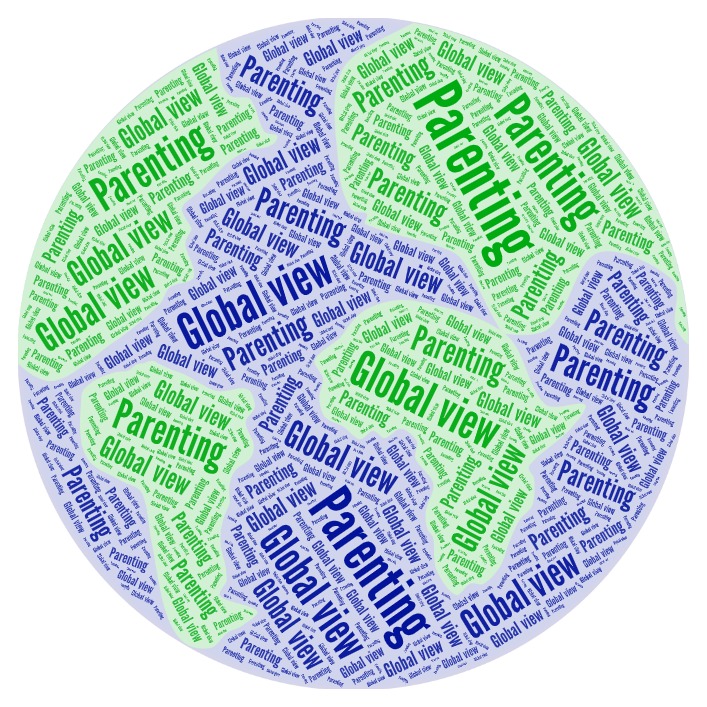Webinar 29.11.2023
Parenting in high risk contexts – global view
Parenting can be stressful and challenging across contexts, and is made even more difficult when families face financial insecurity, poverty, racism, discrimination, and other systemic stressors. Countries employ disparate approaches to address economic and social issues in efforts to support vulnerable families, yet families continue to face inequities. This topic calls for further examination as major contextual stressors plague families across the globe. In this way, a comparative multi-country perspective is helpful in understanding parents’ risk and resilience in the face of stressors. Framed in an Ecological Systems perspective, this webinar will explore parenting among vulnerable families across multiple countries as well as supports and policies employed across contexts to mitigate families’ risk. Scholars from the United States, Finland, South Africa, and Poland will join the webinar to present and discuss their research on parenting in high risk contexts.
The webinar is free of charge and organized in zoom.
Register here (a zoom link will be sent to registered participants).
Date: Wednesday 29.11.2023
Time: 16.30 pm – 18.30 pm (Helsinki +2) (CET 14.30-16.30 )
Program:
Read abstracts: parenting in high stress_Nov29th2023
Opening, Professor Amy Claridge & tenure track-professor Mia Tammelin
An Examination of Supports for Families in Poverty in Finland and the United States Through the Lens of Ecological Systems Theory (Professor Amy Claridge, Central Washington University, USA & tenure track – professor Mia Tammelin Tampere University, Finland)
Motherload, a silent pandemic: Amplifying the voices of low-income women in South Africa, Professor Ameeta Jaga, University of Cape Town, South-Africa
African American Parents’ Strategies to Manage and Resist Racism-Related Stressors, Associate Professor Sharde Smith, University of Illinois Urbana-Champain, USA
Childcare regimes in Europe from the Perspective of the unemployed parents, Assistant Professor Anna Kurowska, University of Warsaw, Poland
Closing
For more information, please contact Mia Tammelin, mia.tammelin@tuni.fi or Amy Claridge, amy.claridge@cwu.edu

